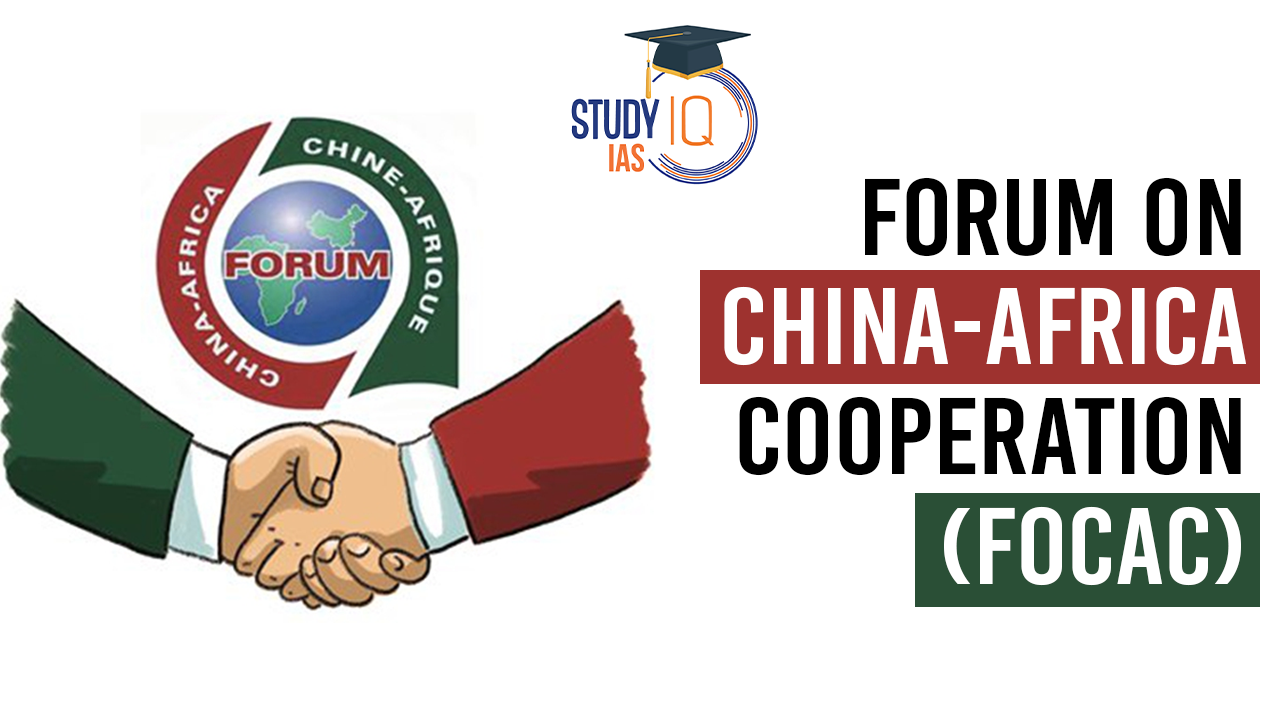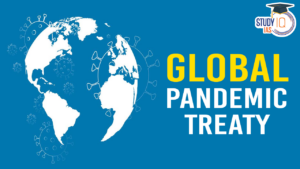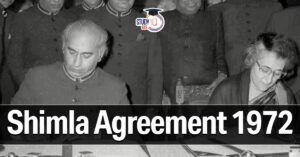Table of Contents
Context: Recently the Forum on China-Africa Cooperation (FOCAC) summit was concluded in Beijing.
China’s Focus on Africa
Historical Context and Development of China-Africa Relations
- China has built a strong partnership with Africa since the late 20th century, with the FOCAC era beginning in 2000. This partnership has deepened through six conferences held in Beijing, Ethiopia, Egypt, South Africa, and Senegal.
- China views Africa as vital to the world’s future and seeks to align Africa’s development goals with China’s strategic interests.
Key Elements of the Ninth Ministerial Conference
- Beijing Declaration:
- The declaration, crafted with a heavy influence of Chinese input, has six sections addressing high-level cooperation, synergy with development initiatives like the Belt and Road Initiative (BRI), and Africa’s role in global governance.
- Both sides committed to poverty reduction, governance exchanges, and promoting modernisation suited to their respective civilizations.
- China supports Africa’s inclusion in global governance platforms like the G20 and reforms to the UN Security Council.
- Economic Cooperation:
- China recognized the progress of the African Continental Free Trade Area (AfCFTA) and showed readiness to sign an economic partnership framework.
- China tactically shifted responsibility for African debt treatment to international financial institutions and commercial creditors.
- Security and Development Initiatives:
- China embedded its flagship plans like the Global Development Initiative (GDI), Global Security Initiative (GSI), and Global Civilization Initiative (GCI) into the strategy, supporting UN funding for Africa’s peace operations and counterterrorism activities.
- FOCAC Co-Chair Transfer:
- Responsibility for the FOCAC co-chair was transferred from Senegal to the Republic of Congo, with the next conference scheduled for 2027 in Congo.
China’s Economic Pledge
- President Xi Jinping offered nearly $51 billion in soft loans, grants, and investment promotion to Africa.
- Key announcements included:
- 60,000 training opportunities for women and youth.
- 1,000 African political party members invited to visit China.
- Training for 7,000 military and police personnel.
- Zero-tariff treatment for all 33 African least-developed countries (LDCs), which could significantly boost African exports to China.
Perspectives on China-Africa Relations
- Chinese View: China sees a natural partnership between the world’s largest developing country (China) and a continent with the largest number of developing countries (Africa). China’s model of modernisation is viewed as an alternative to Westernisation.
- African Perspective: African countries acknowledge the benefits of cooperation with China but note that FOCAC remains shaped by a donor-recipient dynamic, where China sets much of the agenda.
- American and European Views: Some American analysts argue that China’s interest in Africa is driven by anti-Americanism, aiming to build a Global South coalition as a counterweight to the US.
- A European foreign minister cautioned against interpreting China’s role in Africa in black-and-white terms, noting that China is doing both good (in health and education) and expanding its power on the continent.
Implications for India
- Consistency in Africa Diplomacy: India needs to engage consistently with Africa at the highest political levels. India’s Africa-centred diplomacy has paused since the India-Africa Forum Summit in 2015, and this gap needs to be addressed.
- Financial Generosity: India’s historical ties with Africa are valuable, but they must be supported by increased financial resources to strengthen India-Africa cooperation. Without this, India’s diplomatic and business initiatives may falter.
- Review of Africa’s Diplomatic Priority: Africa’s importance in India’s diplomatic priorities needs reassessment. If Africa is a high priority, India’s government should act accordingly, with greater political will and resources directed toward the continent.
Conclusion
India has practical policy options for enhancing its cooperation with Africa, but stronger political will and consistent engagement are crucial for India to keep pace with China’s growing influence in the region.


 Global Pandemic Treaty, Objectives and K...
Global Pandemic Treaty, Objectives and K...
 Shimla Agreement 1972 to 2025: From Peac...
Shimla Agreement 1972 to 2025: From Peac...
 China's Salami Slicing Tactics
China's Salami Slicing Tactics





















